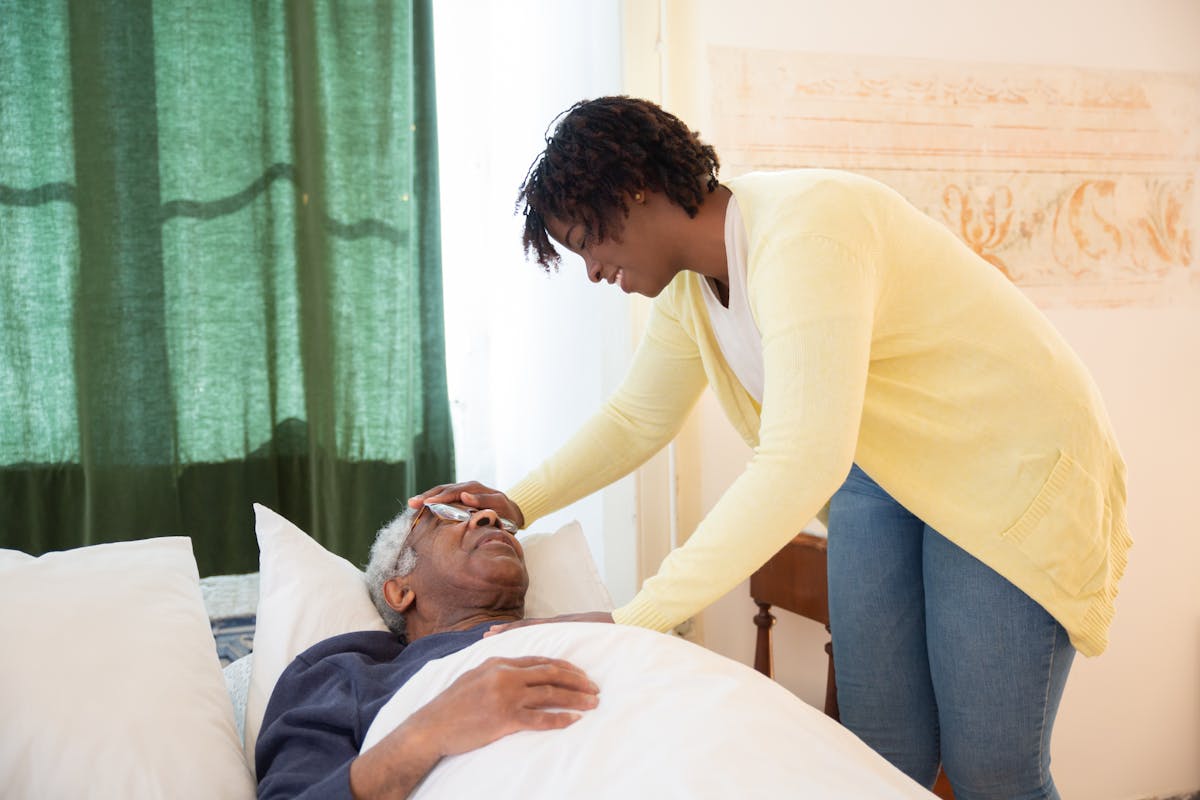- In-home care offers personal assistance and can be more affordable with Medicare-covered services.
- Assisted living provides 24-hour care, meals, and activities, with costs varying by location and required services.
- Adult daycare is a daytime solution for seniors, with potential Medicaid coverage to defray costs.
- Respite care grants temporary relief for caregivers, with costs based on service level for short-term stays.
Caring for an elderly loved one is a noble and fulfilling experience. However, it can also be an expensive one. As our loved ones age, their needs become more complex, and the costs associated with their care tend to rise. It’s essential to understand the options available to you as a caregiver so that you can make informed decisions about the care your loved one receives without breaking the bank. This blog will explore some of the costs associated with elderly care and offer several options that may help alleviate some of those financial burdens.
In-Home Care
For many seniors, staying in their homes for as long as possible is a priority. In-home care allows them to do just that while receiving assistance with daily activities such as meal preparation, medication management, and personal hygiene. The cost of in-home care varies depending on location, but you can expect to pay anywhere from $20-$30 per hour for a home health aide or companion.
You can also look for a Medicare-covered home healthcare provider to help reduce costs. This type of care is usually prescribed by a doctor. It may cover services such as skilled nursing or physical therapy. Just make sure to check with Medicare before hiring a provider, as coverage varies depending on the type of care and location.

Assisted Living Facilities
Assisted living facilities provide seniors with access to 24-hour care while still allowing them to maintain some independence. These facilities typically offer meals, housekeeping services, transportation, and social activities in addition to assistance with daily tasks.
The cost of assisted living ranges from $3,500-$4,500 per month on average. When choosing an assisted living facility for your elderly loved one, make sure you consider the following four factors:
Location
The location of the facility can significantly impact its cost. Urban areas tend to have higher rates, while more rural locations may offer lower costs.
Level of Care
Some assisted living facilities offer a tiered pricing structure based on the level of care needed. For example, if your loved one needs assistance with medication management and personal hygiene but can still handle tasks such as bathing and dressing independently, they may fall into a lower-cost tier.
Amenities
Facilities with luxurious amenities, such as swimming pools, fitness centers, and on-site restaurants, tend to have higher costs. Consider whether your loved one truly needs these amenities or if you can find a facility with more basic services at a lower price.
Financial Assistance Options
Some assisted living facilities offer financial assistance programs or accept Medicaid, which can help reduce costs. It’s essential to research and inquire about these options when looking into facilities for your elderly loved one.
An assisted living facility may seem expensive at first glance, but it can actually be an affordable option if you know what to look for. It also provides your loved one with access to around-the-clock care and social interaction that they may not receive at home.
Adult Day Care
Adult daycare programs allow caregivers to drop off their loved ones at a facility during the day while they tend to other responsibilities. These programs typically include meals, social activities, and assistance with daily tasks. The cost of adult day care ranges from $50-$150 per day on average. Some Medicaid programs may even cover the cost of adult daycare, so it’s worth checking if your loved one qualifies.
Respite Care
Caregiving can be a full-time job, and sometimes, even the most dedicated caregiver needs a break. Respite care provides temporary relief by allowing seniors to stay in a facility for a short period while their caregiver takes time off. The cost of respite care varies depending on the level of service but typically ranges from $100-$200 per day.
Navigating the complexities of elderly care and understanding the financial aspects is vital for a caregiver. Whether deciding on in-home care, assisted living, adult daycare, or respite care, knowledge is power. While costs can vary greatly, there are options available to suit different needs and budgets. Caregiving is not just about providing physical support; it’s about enriching the lives of our elderly loved ones with dignity and love. Always remember the investment in their care is an investment in their quality of life, which is priceless.




